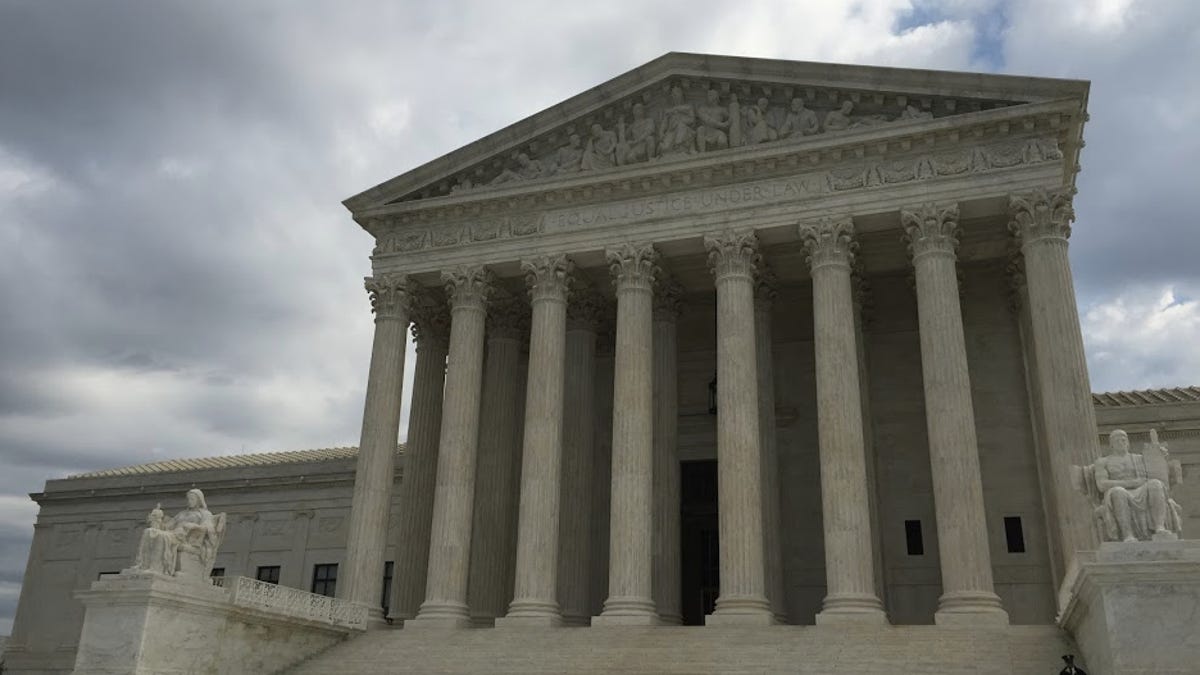Supreme Court rules Microsoft privacy dispute moot
The CLOUD act President Trump signed as part of the spending bill renders Microsoft's suit a non-issue.

Today the Supreme Court dismissed Microsoft's claim disputing a Justice Department warrant that demanded the company give up the contents of an email account stored on a server in Dublin.
The court cited the new Clarifying Lawful Overseas Use of Data (CLOUD) Act, part of the spending bill President Trump signed in March. It updates the rules for criminal investigators who want to see emails, documents and other communications stored on the internet, both in the U.S and overseas. Like, for example, a user's email account stored in Ireland.
The ruling (PDF) says "No live dispute remains between the parties over the issue... Further, the parties agree that the new warrant has replaced the original warrant. This case, therefore, has become moot."
In a statement emailed to CNET, Brad Smith, Microsoft President and chief legal officer, said "We welcome the Supreme Court's ruling ending our case in light of the CLOUD Act being signed into to law. Our goal has always been a new law and international agreements with strong privacy protections that govern how law enforcement gathers digital evidence across borders."
Updated 10:30AM PT with statement from Microsoft.

